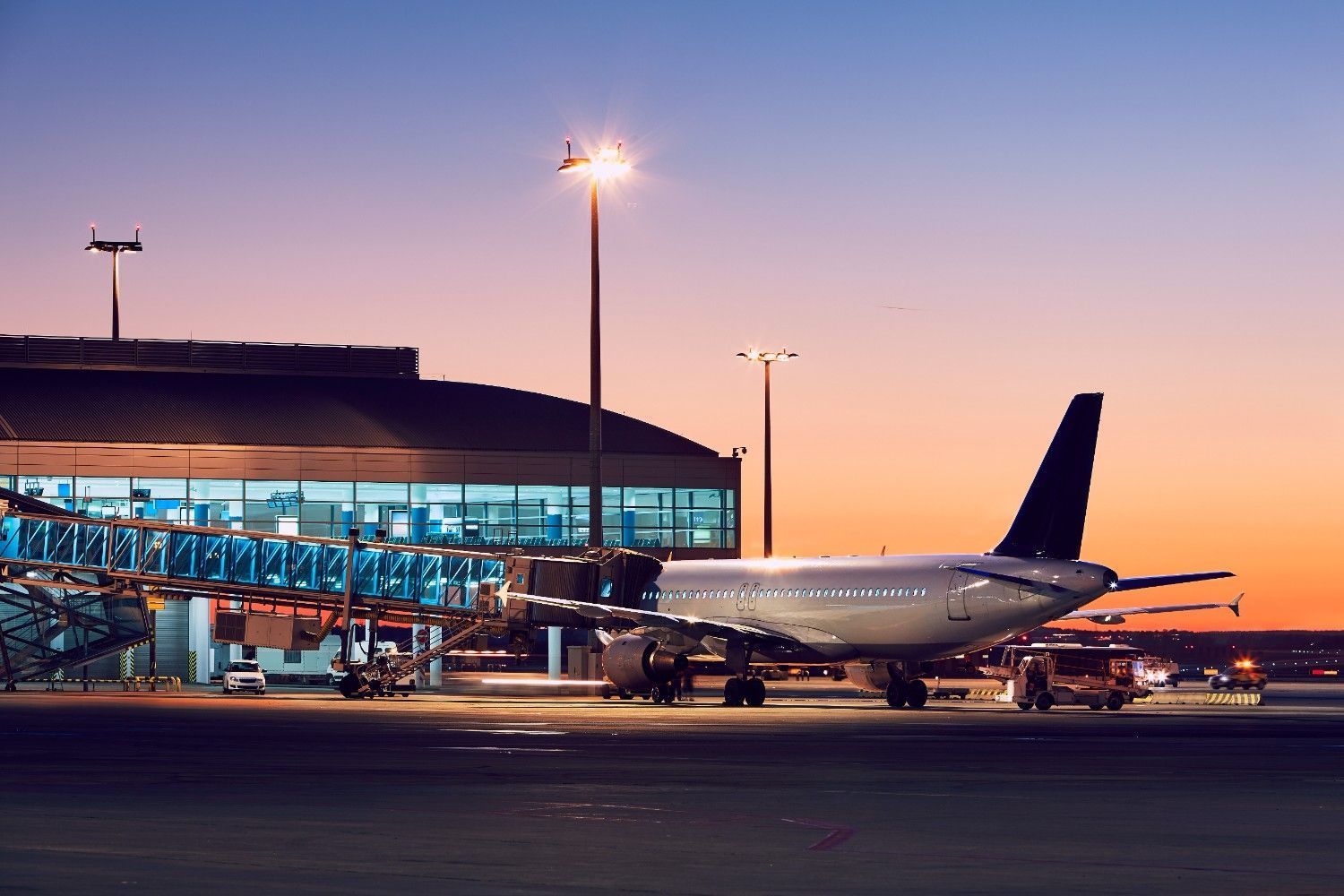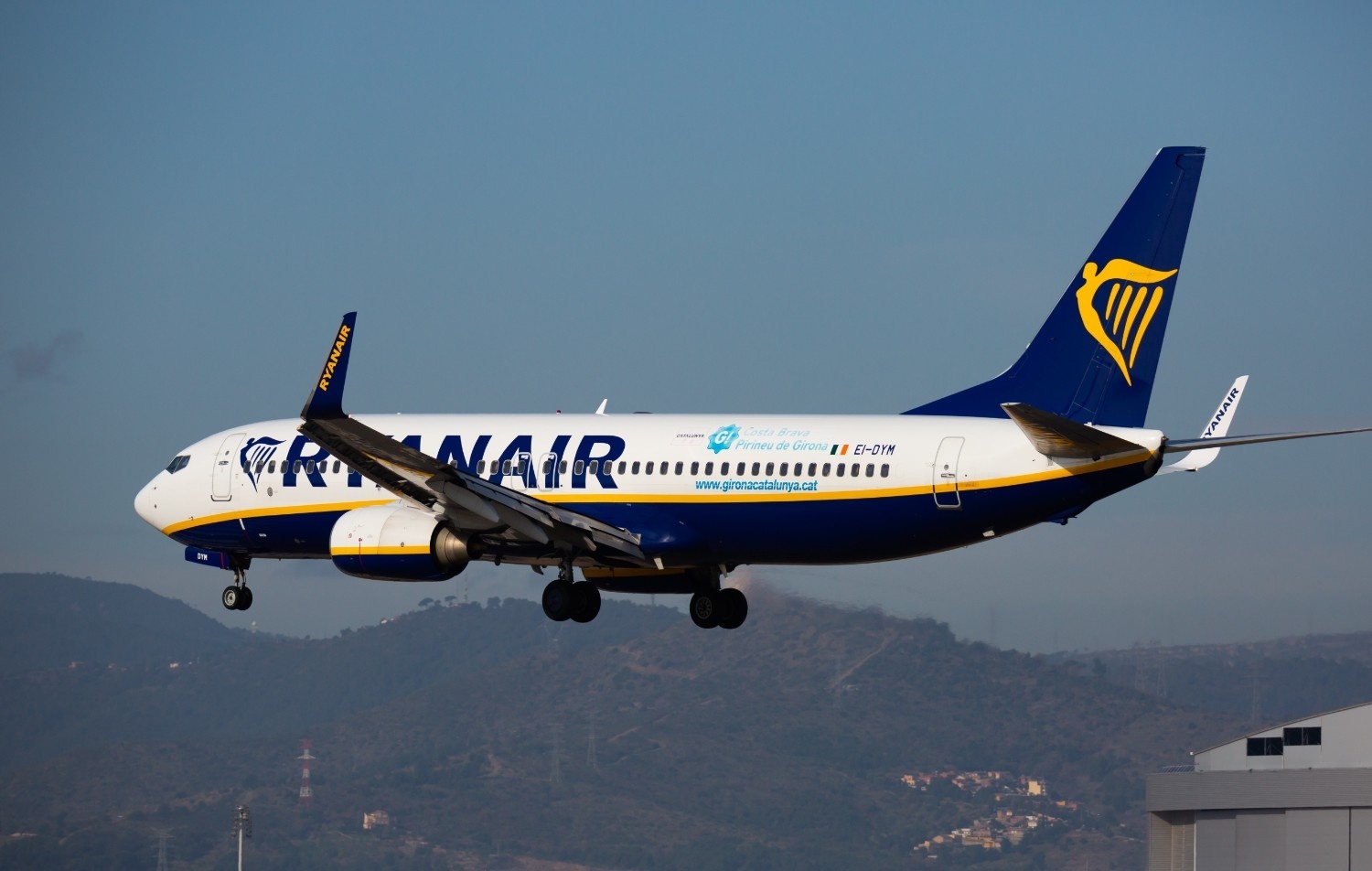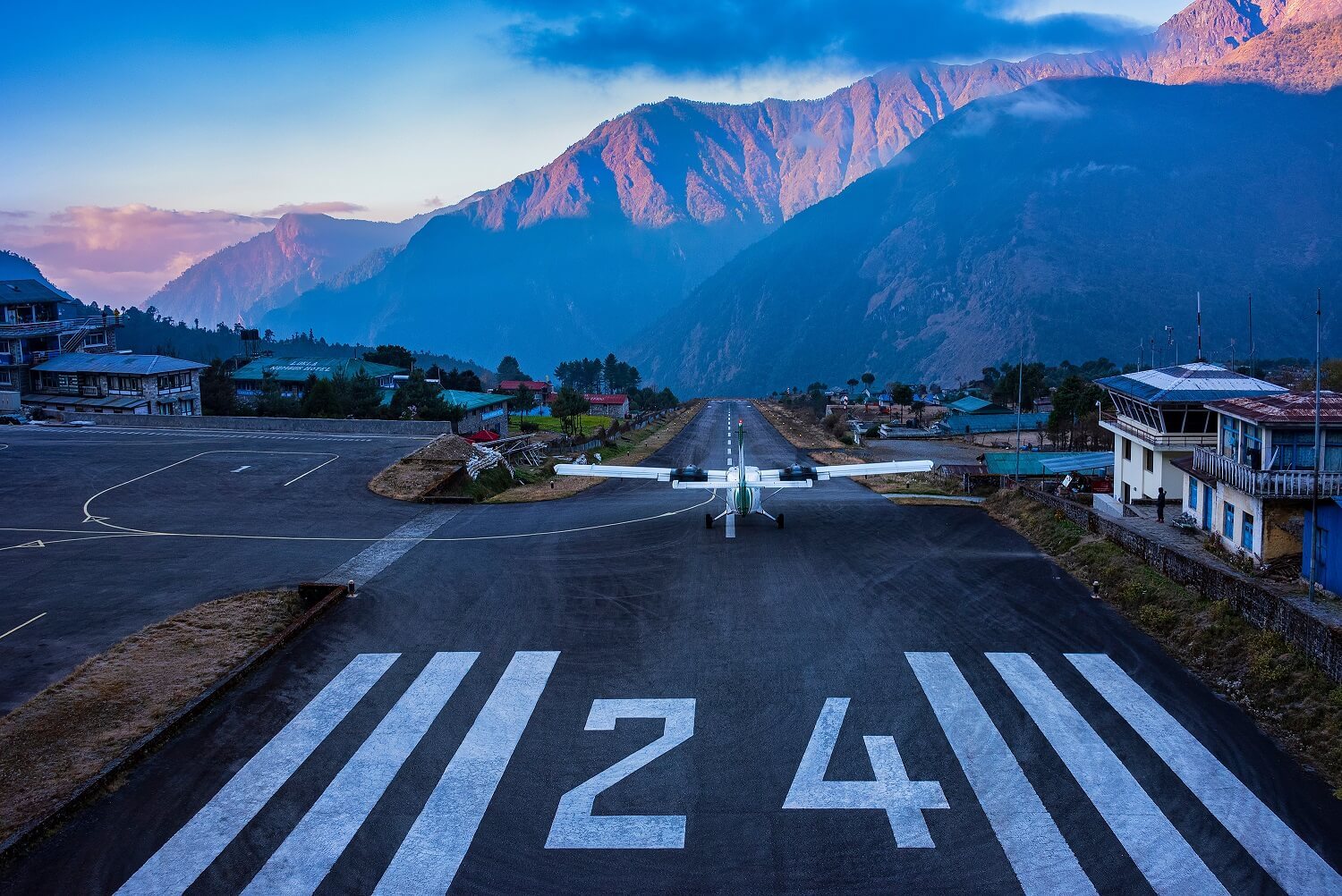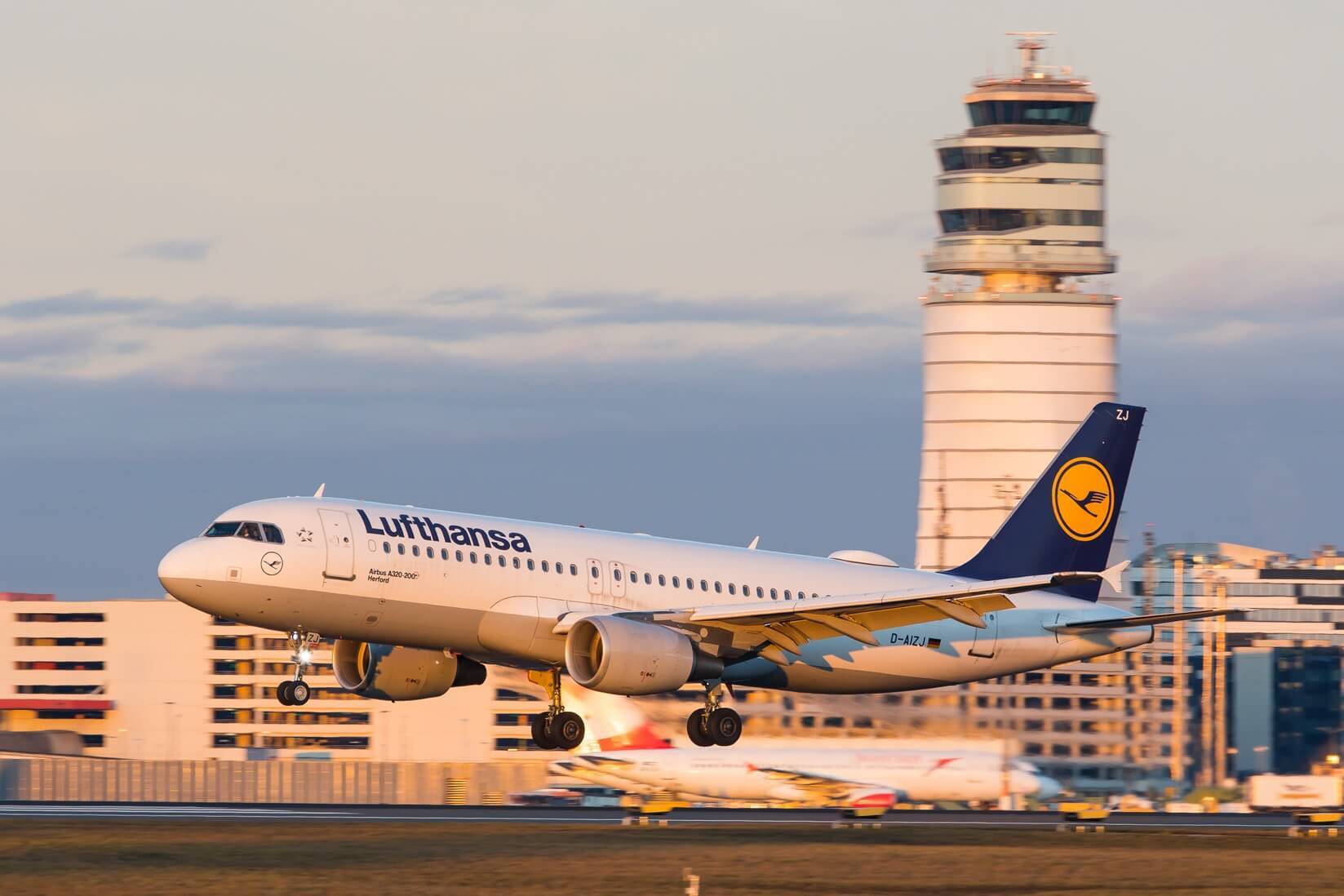Brussels Airport: Balancing prosperity with quality of life

Belgium's Brussels Airport, the second-largest in the country by passenger traffic, finds itself at the center of a heated debate revolving around environmental concerns, economic interests, and the well-being of local residents. With its current environmental permit set to expire soon, the Flemish government faces mounting pressure to address issues such as aircraft noise pollution and overall flight movements.
Tensions and concerns
The tension surrounding Brussels Airport has reached a critical point as stakeholders grapple with finding a balance between economic prosperity and the quality of life for those affected by the airport's operations. Minister for the Environment (Flanders), Zuhal Demir, has emphasized the need for a "correct and balanced decision" that considers both aspects.
At the heart of the debate are concerns raised by residents living in the Flemish areas surrounding the airport, particularly regarding noise levels from aircraft movements, especially during night flights. The proposed renewal of the environmental permit has sparked protests and calls for stricter regulations to mitigate the impacts of noise pollution on communities.
Government proposals
The Flemish government's proposal seeks to address these concerns by imposing limits on overall flight movements and night flights. The Regional Environmental Permit Committee (GOVC) aims to introduce thresholds on the number of flight movements allowed, with a proposed cap of 234,000 by 2030. Additionally, amendments to conditions surrounding night flights include enforcing sound thresholds during specific time frames to minimize disturbance to residents' sleep.
However, the proposed measures have raised apprehensions, particularly among airlines like Brussels Airlines and DHL, which heavily rely on night flights for their operations. For Brussels Airlines, early morning arrivals from African destinations are crucial for facilitating connections and maintaining its hub-and-spoke model. Similarly, DHL operates cargo services during the early morning hours, using older aircraft that may produce more noise.
Economic significance
The economic significance of Brussels Airport cannot be understated, as highlighted by a recent study indicating its contribution to job creation and GDP growth in Belgium. The airport serves as a vital economic artery, supporting thousands of direct and indirect jobs while driving economic activity in the region.
Despite the economic benefits, concerns persist over the environmental impact of the airport's operations, particularly regarding noise pollution and air quality. Calls for stricter regulations and a ban on night flights have prompted discussions about finding alternative solutions that balance economic interests with environmental sustainability.
One proposed solution involves incentivizing airlines to modernize their fleets, thereby reducing noise emissions and improving efficiency. By encouraging the adoption of quieter and more fuel-efficient aircraft, policymakers aim to mitigate the negative impacts of aviation on local communities while ensuring the continued viability of air cargo operations.
The complexity of decision-making
The debate over Brussels Airport underscores the complex interplay between economic development, environmental sustainability, and community well-being. As stakeholders grapple with competing interests and regulatory challenges, finding a consensus-driven approach that addresses concerns from all sides remains paramount.
Ultimately, the decision regarding the renewal of Brussels Airport's environmental permit will have far-reaching implications for the region's economy, environment, and social fabric. Balancing the needs of stakeholders while safeguarding the interests of local communities will require careful deliberation and collaboration among policymakers, industry stakeholders, and residents alike.
Latest posts
Ryanair goes paperless – What this means for your next flight
Ryanair ends paper boarding passes on Nov 12, 2025. Travelers must use the myRyanair app for check-in and boarding.
Flight delays and cancellations in August 2025
Check which flights were delayed in August 2025 – you may still be entitled to claim up to 600 € in compensation.
Flight delays and cancellations in July 2025
Check which flights were delayed in July 2025 – you may still be entitled to claim up to 600 € in compensation.












